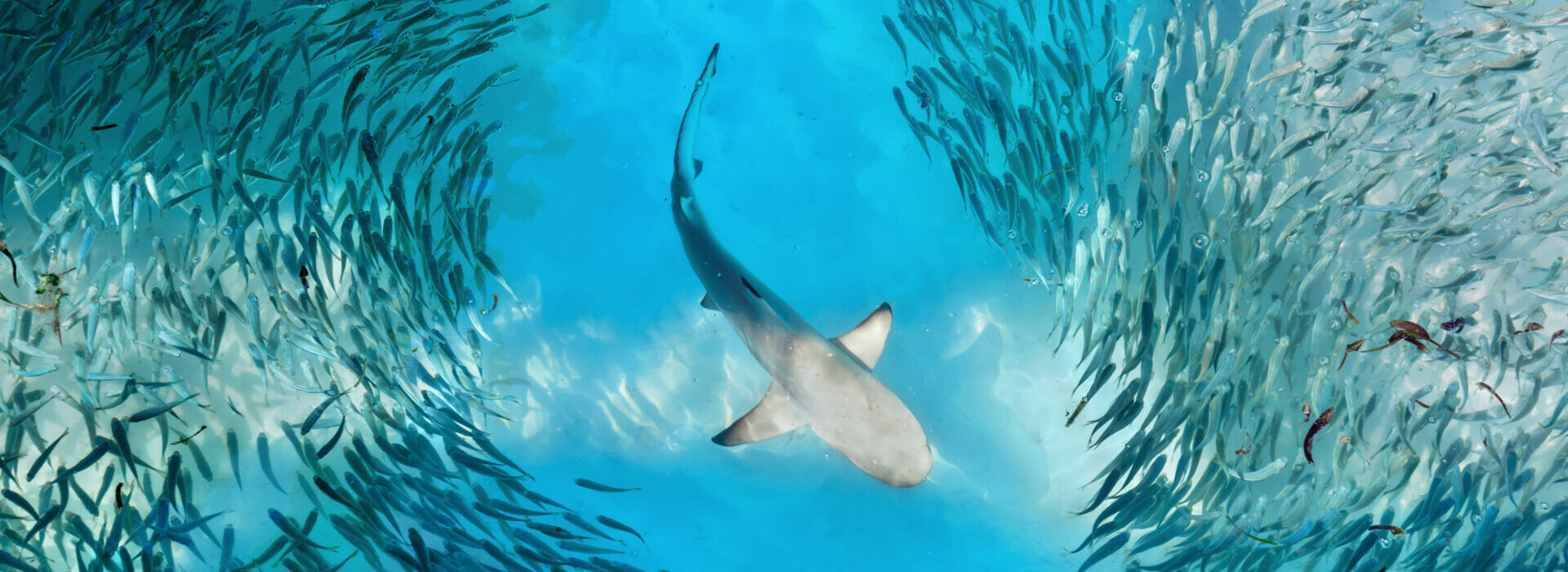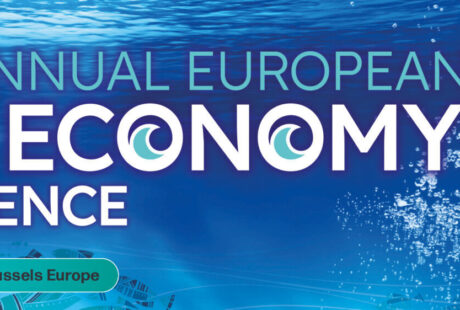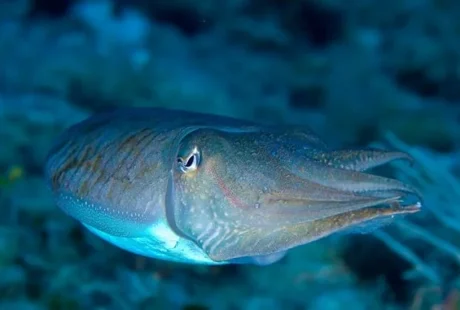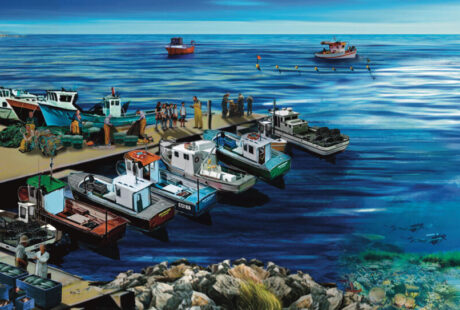Seas At Risk, together with its members BUND, Sciaena and Ecologistas en Accion, has published a comprehensive guide (1) to help EU and national policy-makers tackle one of the most pressing challenges in fisheries (2): the bycatch of sensitive marine species (3) such as cetaceans, seabirds, and sharks. The repeated capture of these species is steadily eroding marine biodiversity, a key factor that contributes to climate stability and thriving coastal communities. Some critically endangered populations remain severely affected, and the problem continues to worsen across all EU sea basins. (4)
Tackling the bycatch of sensitive species is a vital but complex challenge and there is no silver bullet. A solution that works in one region may not be effective in another, due to differences in target species, fishing gear, seasonal patterns, and local ecosystem dynamics. That is why the guide published today focuses on context-specific measures, helping to align conservation goals with the practical realities of fisheries.
A key takeaway of the guide is that mitigation strategies should aim higher than simply keeping bycaught animals alive; they should enable the full recovery of species and ecosystems. Seasonal and spatial closures should be designed to genuinely reduce impacts, paired with less intensive fishing across wider areas and the use of selective gears, rather than risking displacing the problem elsewhere. Crucially, fishers should be guaranteed a fair transition that makes the switch to bycatch-free practices realistic and affordable.
“Bycatch remains one of the most damaging and unnecessary threats to marine life, and addressing it must become a political priority if the EU is serious about restoring ocean health,” said Bruno Nicostrate, Senior Policy Officer at Seas At Risk, adding: “A just transition to fair, low-bycatch and low-impact fisheries is urgently needed. EU Commissioner Kadis should embed this goal across all forthcoming ocean-related initiatives.”
Building on this urgent call, NGOs are encouraging policy-makers in the EU to ensure that the transition is fully supported across key policies. This includes embedding financial support in the next EU budget (5), integrating bycatch reduction measures into the upcoming Ocean Act, and strengthening the enforcement of the long-overdue full implementation of the Common Fisheries Policy. (6)
The launch of the bycatch guide comes ahead of EU Ocean Week (6), organised by civil society to highlight the potential of EU policies in solving the ocean crisis. This guide will be presented during an event in the European Parliament on 16 October from 08:00-09:30, hosted by Members of the European Parliament César Luena and Paulo Do Nascimento Cabral, in a transpartisan effort to tackle the bycatch of sensitive species.
– ENDS –
NOTES TO EDITOR
- Title of the guide: Bycatch guide – Understanding and addressing bycatch of sensitive species in EU fisheries and web news: Guide to protecting sensitive marine species from bycatch in the EU
- Incidental catches of sensitive species is considered by the scientific community as one of the main threats to conservation of marine megafauna.
- The populations of sensitive species, such as the common dolphins in the Bay of Biscay, sharks and the Balearic shearwater in the Mediterranean, turtles in North East Atlantic, and harbour porpoises in the Baltic Sea are threatened by the incidental catch of sensitive species. In certain cases, one single incidental catch can put the survival of the whole population at risk.
- The situation of incidental catches of sensitive species is worsening in all EU basins with several critically endangered populations still affected by this threat, such as the Balearic shearwater or the Baltic proper harbour porpoise
- Current funding to support the transition to low bycatch fisheries should come from the European Maritime, Fisheries and Aquaculture Fund (EMFAF) and from Member States. However, the European Commission’s proposal to dilute the EMFAF into single National Plans in the next Multiannual Financial Framework (MFF) risks depriving fishers and coastal communities of the means needed for a just transition to low-impact and low-bycatch fisheries.
- The Common Fisheries Policy is not yet fully implemented. The full implementation of this policy and of the Technical Measures Regulations are powerful levers to address bycatch issues in EU fisheries.
- Ocean Week website 2025: Ocean Week 2025
Posted on: 7 October 2025



